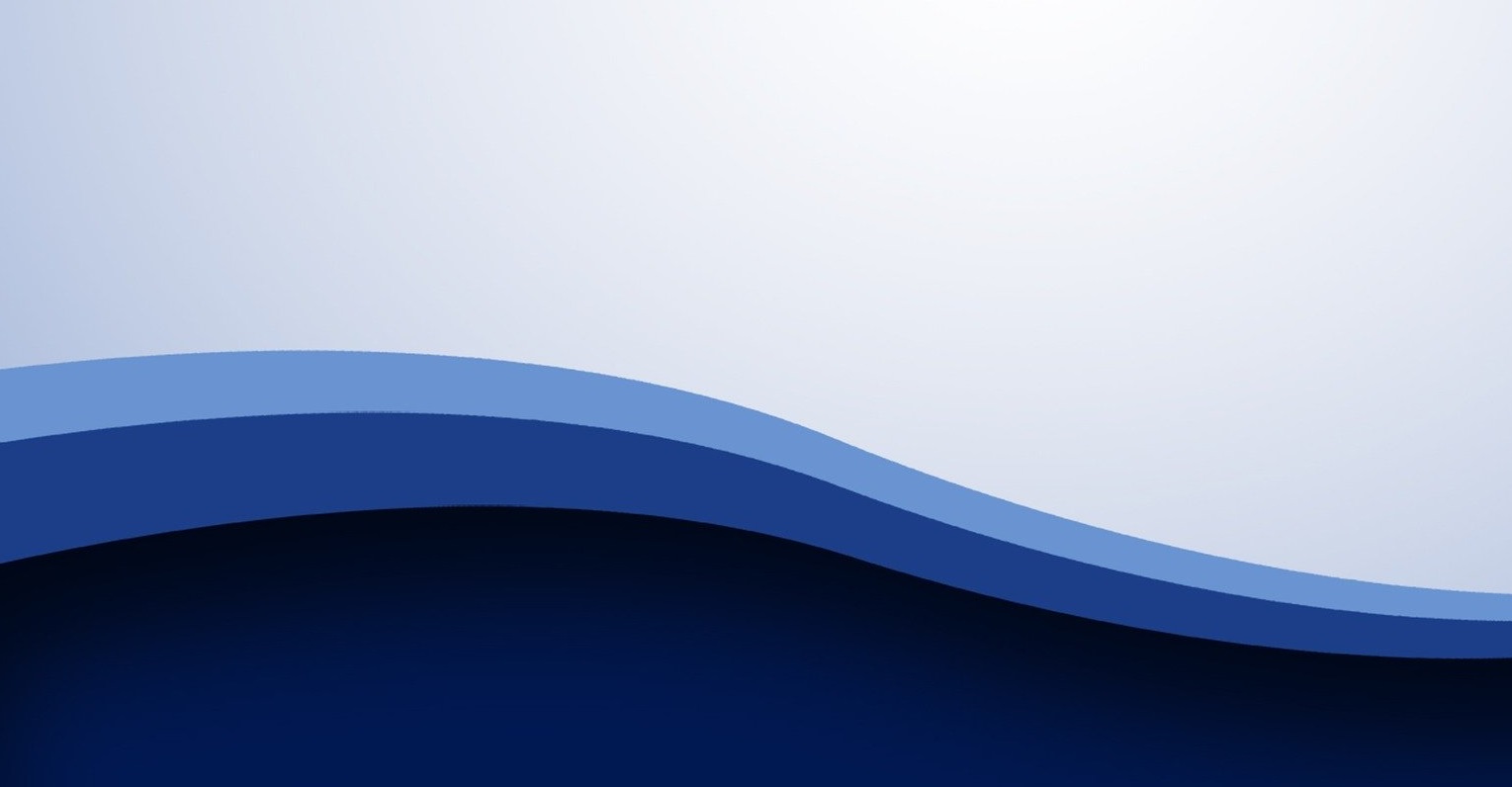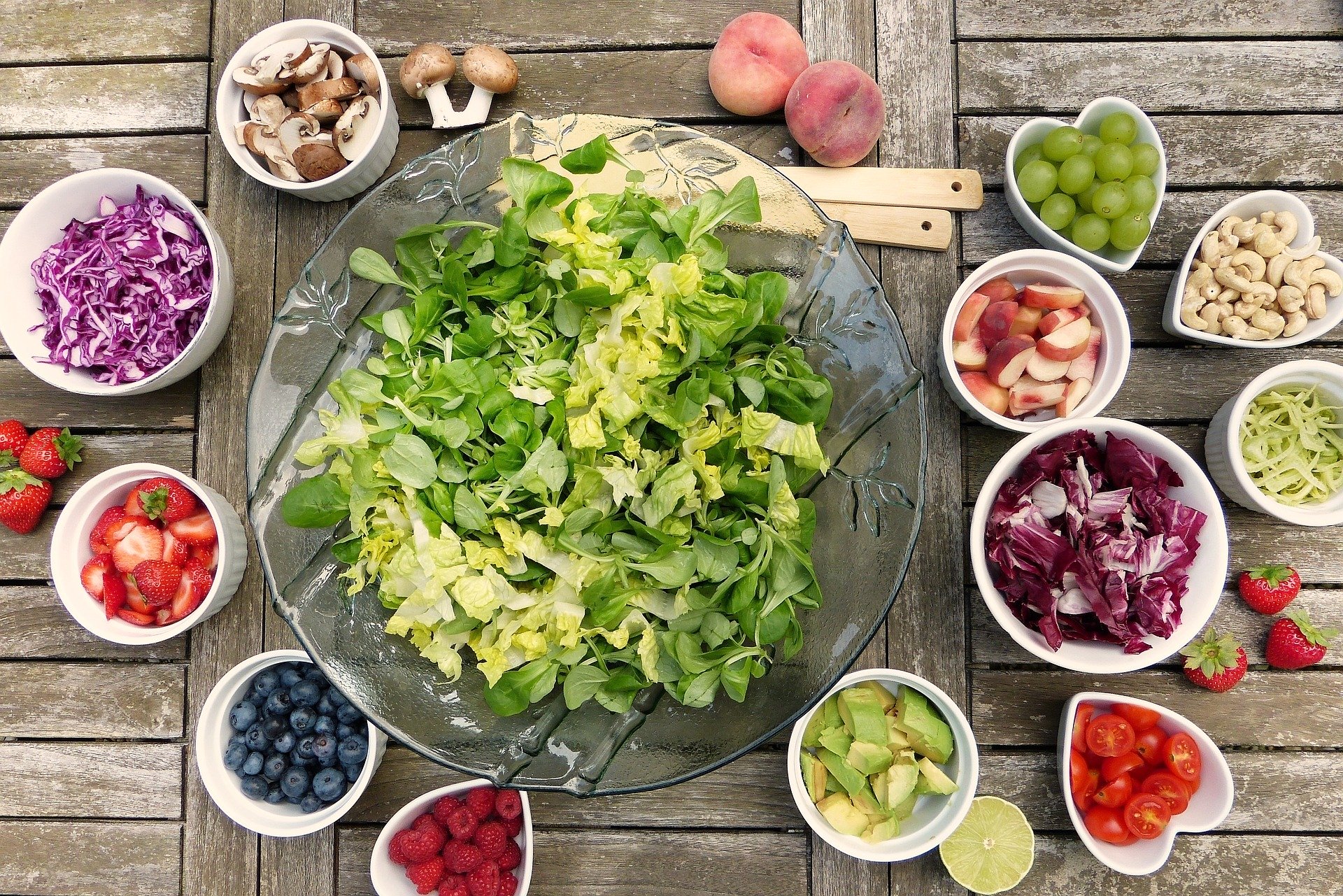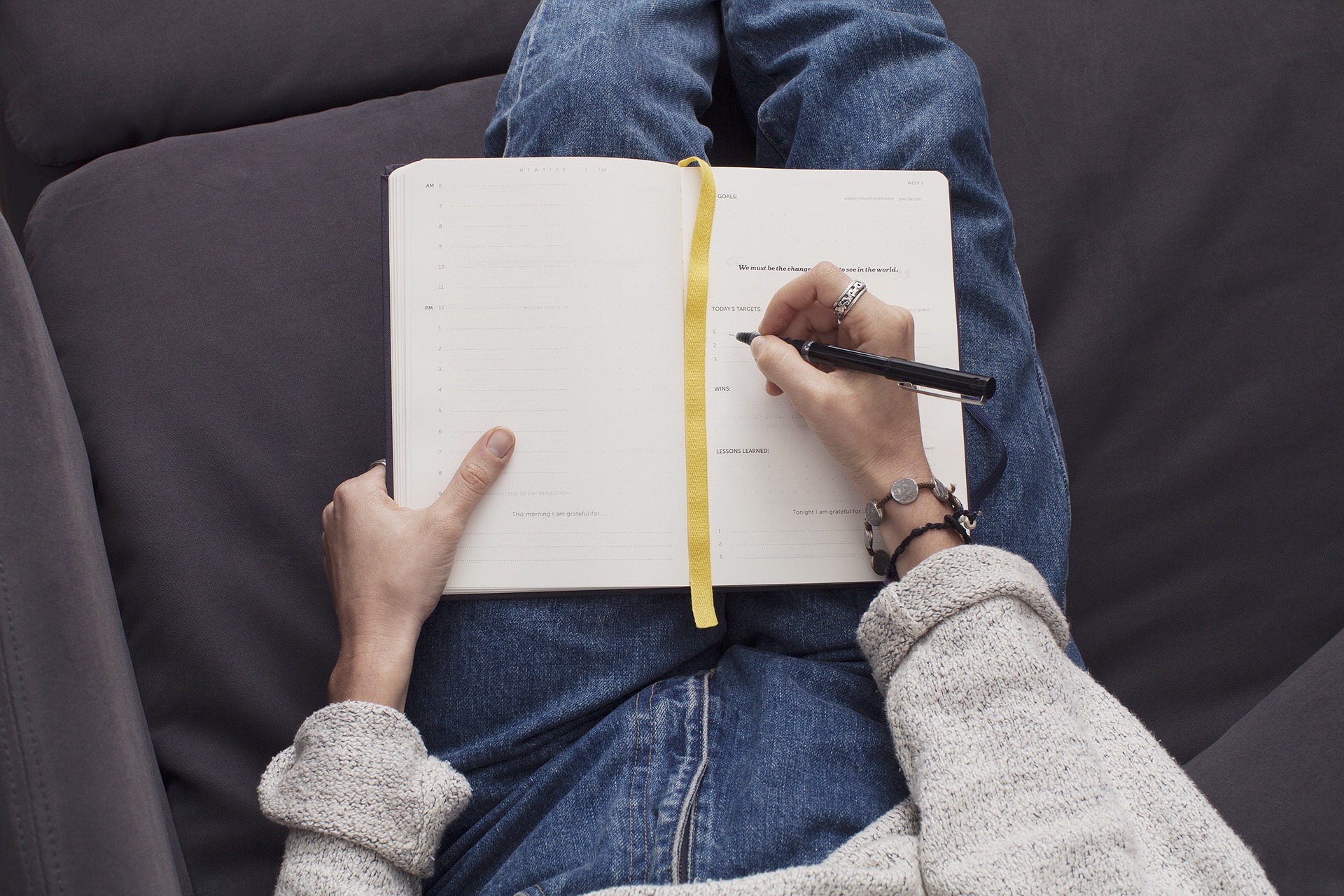
Whether it’s the fear of looming financial crisis; the sneaky characteristics of new virus and the fear of the getting it; the challenge of protecting yourself and the loved ones; hurdles you face every day while getting groceries and other essentials; the negative news flood weaved in the conspiracy theories or; the politics around the situation by world leaders, the reasons for worry are many. As some countries and states flatten the curve of the new cases, news outlets run to publish the ‘studies suggest’ articles, which dare to predict what the pandemic will leave us doing in 2022 and beyond.
I read the news the other day that said that there aren’t enough reporters in the field to report the true state of the situation. I mean, “What are the odds?” There is an abundance of sources for toxic information around us.
If we really want to worry, the true worry should be about how not to worry. Oxymoron as it sounds, it is important we think about how we can stay mentally healthy before mental illness can be another pandemic.
Here are a few things I do to stay positive, reduce mental anxiety, and keep myself motivated throughout the day.
Double Down Your Gratitude List
I have been writing in my journal almost every day since 2015, where I put down at least three things I am grateful for, every day. As I write, I try to relive the good moments from the past and try to analyze the experiences that did not go so well. I think that, until we are healthy and functioning, the rest of the things around us is our own creation. Since the beginning of the pandemic, I have quadrupled down on my gratitude list. This practice makes me feel abundant and reduces my worry to a great degree.
Every evening, when I sit down for dinner with my family, we have started a ritual of sharing Two good things that happened to me today. We go around the table and each person in the table shares two good things that happened to him/her. I have found this practice to be very effective. My 6-year-old daughter loves it. She enjoys it so much that even when we tend to ignore or forget about it, she brings it up. As we break loose and start sharing our good experiences, we all seem to feel more joyful. We start to see more smiles, togetherness, and a bond. Sometimes my daughter goes up to 3, 4 or 5 good things and we need to ask her to keep her thoughts safe for morning breakfast. We all enjoy it. This has helped each of us look at the positive side of our lives. I have witnessed that we have never gone sad or mad after sharing each of our Two good things that happened to me today.
As we break loose and start to share our good experience, we all seem to feel more joyful.
Read Inspirational Books (In the Morning and Before Falling Asleep)
Inspirational books are life enhancers. Every time I get a new method I could try, find information that can elevate my potential or, discover things that were always under my nose but never realized, it just fascinates me. Whether I use it or not, every time I get new wisdom, tool, or information, I find a reason to be happy because I believe that it just made me wiser than yesterday.
However, in these turbulent times, we can take the upcoming challenges as opportunities, which can only be leveraged by learning from similar past events, learning to think beyond what we normally think, and questioning things around us. We can replace our worry-time with book-time.
Reading inspirational books before falling asleep keeps me from nightmares, which otherwise can be built because of the bombardment of negative news throughout the day and night.
Reading inspirational books in the morning motivates me to be optimistic, reminds me to become better throughout the day.
I am reading,
The Book of Secrets: Unlocking the Hidden Dimensions of Your Life by Deepak Chopra, MD
Both books were written more than 15 years ago. But wisdom? Timeless.
What are you reading or plan to read?
Be Optimistically Critical to What You Read.
Of course, we cannot not be informed. It is essential that we keep track of what is happening around us, what new orders local as well as the federal government have put in place, and how we stay safe and healthy. Many times we come across bold predictions such as how many people could be affected and how bad the economy can go south. But we must realize that predictions are, just predictions. Yes, we should be alert on the worst-case scenario, but we must also question the sources, the data metrics, or the contexts.
In 2018, I listened to multiple radio programs on economics and business. I listened to many big investors, ranging from endowment fund investors, pension fund investors, venture capitalists, and so on. Many of them predicted a recession to be very likely in 2020. The main metrics that would trigger the US recession, which could ripple towards a global recession were US politics, the debt cycle, Brexit, and China. But, nobody. Not one person predicted that a pandemic could also be the rarest of the reasons. I am pretty sure that after this situation is over, the ‘experts’ will be quick to add a P.S. about a possible pandemic, laughingly, in their predictions.
Thus, we can read not-so-good news but we must be optimistically critical. By optimistically critical, I try to look for reasons that can have positive outcomes, which can make negative outcomes less probable.
Meditate
Mindfulness meditation has gained a lot of popularity lately in Western countries. I picked up a few forms of meditation back when I was in college around 2003. But I haven’t been consistent. When I first started, I was thorough and did not miss a day without meditation. About 3 months after I began meditation, I started experiencing a true difference in my mood, my patience, and my thoughts. But my quest for meditation was to ease my own pain. It helped me significantly. However, when everything started to feel good, I started skipping and finally quitting it completely. But I picked back up again 5 years ago. Since then I meditate for at least 5 times a week for 20 minutes. I can feel the difference when I do it regularly.
Meditation is about observing without judgment. If I am able to observe without judgment, I can see the event as it is. This gives me clarity.
If you haven’t tried any meditation style, you can pick any one of them. There are many. One of the simplest types is a guided meditation, where you listen to the instructions and try your best to follow them. A guided meditation I often practice is The 6 Phase Meditation by Vishen Lakhiani. As far as I know, none of the meditation has bad side effects.
Meditation is about observing without judgment. If you are able to observe without judgment, you can see the event as it is. This gives you clarity. Clarity can help you see through the problem and possibly through the solution.
Meditation trains you not to follow things blindly. It helps you be aware of your anxiety. So you can dissect it, and destroy it.
Move
Exercise. It cannot be emphasized more. Especially at the times when the main health risk is about one’s ability to breathe. But, exercise plays a significant role in both, your physical and mental health.
Exercise.
Cardio exercises done in the morning sets my day very positively. First, as soon as I complete my morning cardio, whether it is running, skipping, or biking, it gives me a sense of success, no matter how tiny it may be.

Exercise uplifts my morale and psychological immunity to the hurdles throughout the day. Science has proven that exercise helps one by generating BDNFs (Brain-derived neurotrophic factors). Many people talk about exercising two times a day, morning, and evening. I have done both mornings and evenings but not in one single day. Morning exercises are the best.
It also gives you time to think.
Eat Well
For many weeks, I have observed social media posts and stories flooded by videos and photos of cooking. While it is quite exciting to learn that many men can cook, which if not for the crisis couldn’t have been discovered, most of the cookings appeared pinguid.

We all understand that eating well along with regular exercise is the best insurance plan for healthy living. It is also worth knowing that anxiety powered by fear can fuel overeating. Needless to say that it is important to watch your plate. One way to make our bodies immune to a virus such as SARS-CoV-2 is to increase the intake of food that are rich in Vitamins and Zinc. But it is equally important to reduce the intake of toxins, usually brought to you by your most delicious junk food. But equally risky is overeating. Dr. David Sinclair, a biologist from the Harvard Medical School emphasizes to quit smoking, take Vitamin D, eat fresh fruits and green vegetables, do cardio exercise — which helps with the flow of oxygen in the bloodstreams, eat less and, and to humidify your living space to help build immune system against this novel virus.
Eating well can also boost psychological immunity. Improving your physiological immunity can significantly flatten the anxiety curve.
Innovate yourself
We can all agree that the future is uncertain. Uncertainty is an important fact that the current pandemic has shown us.
Whether it is your own company work that is affected directly or indirectly by other companies that your company depends on, there will be no time to blame anyone. I think that there is one action that you can take to handle an uncertain situation.
Plan.
Your plan is your armor against adversity. Once you wear your armor, it becomes you. Thus, the only person you can trust is you. Time has shown, again and again, that adversities also bring opportunities. Challenges are opportunities to learn, overcome, and grow. Challenges are opportunities to find solutions. Hence, it is important we prepare ourselves.
Challenges are opportunities to find solutions.
I have found that one primary reason for worry is a lack of progress. If you make progress, you become optimistic. You create hope. Therefore, it is important you look at the edge of the problem and find opportunities, indulge in innovation, and be brave to adapt to new paradigms. Least you can do is take some action. Serve the local community, spend the best quality time with family, teach what you know, start your long awaiting project, learn a new skill-set, create something, elevate someone’s life or, do all of it.
Innovate your life. Feel the curve flatten.
What do you think about these ideas? What do you do to stay mentally sound and motivated? Please share in the comments.
Jiwan Ninglekhu is a father and a life long learner, who is a research engineer by profession.
All the pictures in this articles were downloaded free from pixabay.com.



